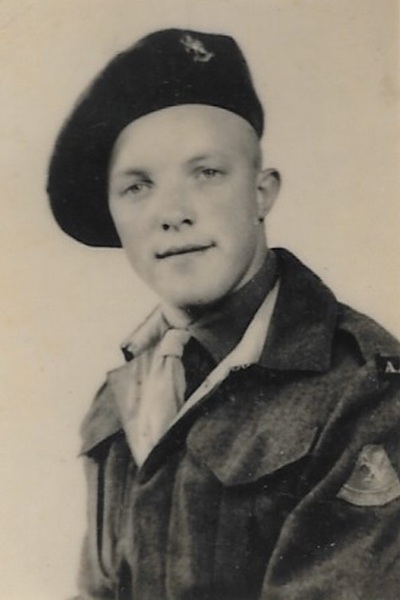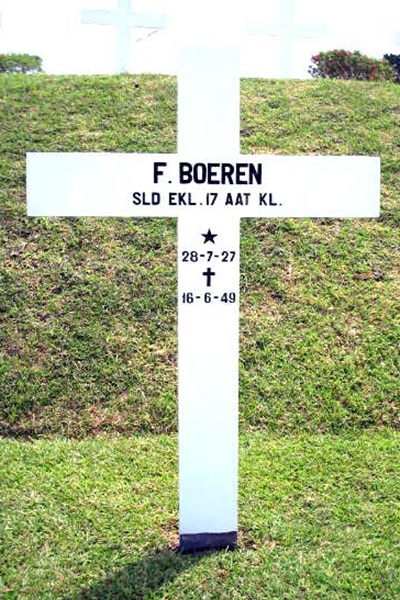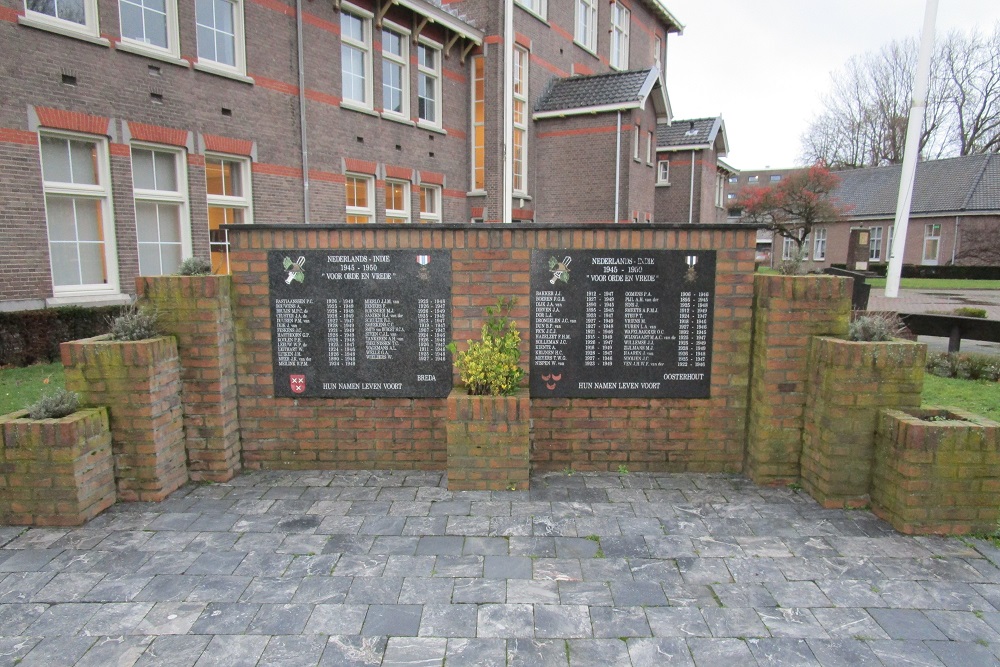Boeren, Franciscus
- Date of birth:
- July 28th, 1927 (Oosterhout/North Brabant, Netherlands)
- Date of death:
- June 16th, 1949 (Solo, Mil. Hosp/Java, Dutch Indies)
- Buried on:
- Dutch War Cemetery Candi
Plot: A. Grave: 18. - Nationality:
- Dutch
Biography
Sld Ekl.17 AAT
Frans was born on 28 July 1927 in Oosterhout, the sixth child and first son of Adriaan Boeren (1889-1979) and Hendrika van Bragt (1891-1949). Frans enlisted in the Royal Netherlands Army and was assigned as a soldier to the 17th Transport and Supply Troops (AAT), responsible for logistical support in the execution of military operations.
Due to the outbreak of revolutionary violence in the Indonesian struggle for independence, he was sent to the Dutch East Indies to contribute to the restoration of peace and Dutch authority. At the end of April 1947, Frans departed for the East aboard the Boissevain and landed a month later in the port of Tandjong Priok near Batavia.
After a period of acclimatisation, Frans was transferred to Meester Cornelis, where the real work could begin. In addition to military transport, the company also provided transport for the rubber company NIRUB during this period. During the First Police Action from 21 July to 4 August 1947, the company occupied Magerai station in Meester Cornelis due to observed activity by revolutionary fighters in the area. The company then resumed its normal work in Semarang and provided transport to Salatiga, Pekalongan and Cheribon.
During the Second Police Action from 19 December 1948 to 5 January 1949, the battalion was divided into two groups: the northern group advanced to Demak and Blora, while the southern group was sent to the republican stronghold of Djokjakarta. After the Action, the battalion was reunited and sent to Solo (Soerakarta).
This marked the beginning of a difficult period for Frans. The Second Police Action proved to be anything but a success: the revolutionary army had previously avoided confrontation with the Dutch army and now escalated the guerrilla warfare to unprecedented levels of violence. The numerous ambushes along the convoy routes made the area around Solo extremely dangerous. In the spring of 1949, dozens of vehicles were lost to mines and pull-wire bombs, often with fatal consequences. Frans was one of the victims of these ambushes.
In mid-June 1949, he was seriously wounded in an attack and taken to the military hospital in Solo. The medical assistance provided was in vain and Frans succumbed to his injuries in hospital on 16 June 1949. Frans was 21 years old and was laid to rest in the Dutch military cemetery Candi in Semarang.
Do you have more information about this person? Inform us!




